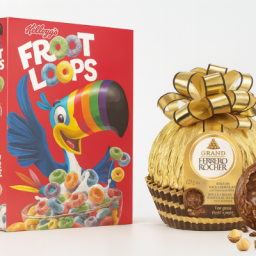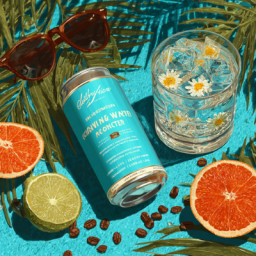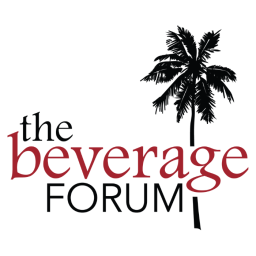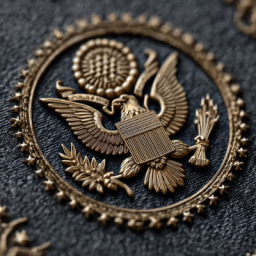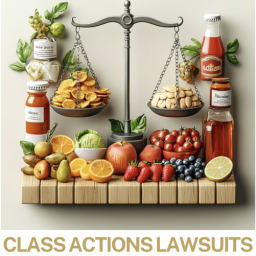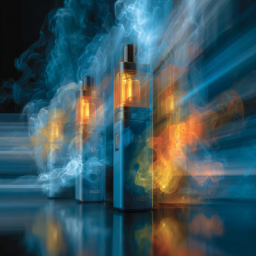
Did Prime Hydration really sue Lionel Messi?
Yes. On October 9, 2025, Prime Hydration LLC, co-founded by influencers Logan Paul and KSI, filed a false advertising and unfair competition lawsuit in the U.S. District Court for the Southern District of Florida against Más+ Next Generation Beverage Co. (makers of Más+ by Messi) and soccer star Lionel Messi himself.
Prime claims that Más+ falsely markets Messi as the “founder” and “creator” of the sports drink. When in reality, he allegedly had little to no role in its development. According to court filings, Messi admitted under oath in a prior case that he “was not involved in the creation or design of the aesthetic appearance of the bottle or the label.”
What does Prime allege Messi and Más+ did wrong?
Prime’s complaint centers on the “founder narrative”, the story brands tell consumers about who built the product.
According to Prime:
- Más+ markets Messi as having “gone to work on a drink of his own” and being involved “throughout the whole Más+ process.”
- This, Prime says, is false and misleading advertising under the Lanham Act and Florida Deceptive and Unfair Trade Practices Act.
- Prime claims the false founder story confused retailers and consumers, resulting in lost shelf space, altered planograms, and reduced visibility in major stores such as Walmart.
In short, Prime argues it lost its competitive edge because Más+ borrowed both its branding blueprint (celebrity-led hydration drink) and its authenticity narrative, the “athlete-founder” story that helped make Prime a global success.
Why is the “founder” claim such a big deal?
Because in the consumer world, the founder story sells.
When athletes or influencers are portrayed as hands-on creators, consumers perceive their products as authentic, innovative, and personal, rather than as mere endorsements. If that perception turns out to be untrue, the legal risk shifts from clever marketing to false advertising.
Under the Lanham Act (15 U.S.C. § 1125), any “false or misleading representation of fact” that influences purchasing decisions can trigger liability, even if the brand argues that the language was “marketing puffery.”
This case could define how far brands can go when claiming celebrity founders, especially in the athlete-branded beverage market, where authenticity drives billions in sales.
It also raises a novel question: can retailers, not just consumers, be “deceived” under false advertising laws? Prime’s complaint suggests that retail planograms and distribution decisions were influenced by the “founder” narrative, an argument rarely seen in advertising disputes.
The bigger picture: how this lawsuit could reshape celebrity marketing
Beyond Logan Paul versus Messi, this case highlights growing legal scrutiny over authenticity in influencer and athlete marketing.
Today’s consumers value transparency, they want to know whether their favorite athlete truly designed the product or simply licensed their name. If courts agree that calling Messi a “founder” crosses the line from inspiration to deception, brands may need to rethink how they describe celebrity roles.
The case also underscores the importance of clear licensing agreements. Endorsement contracts must define exactly what a celebrity can claim about product creation or involvement. Without precise language, even a few words in a marketing video or website can become evidence in a lawsuit.
And for marketers, the lesson is simple: avoid blurring the line between participation and ownership. Terms like “created by,” “founded by,” or “developed with” each carry legal weight and must accurately reflect reality.
Could Messi actually be held liable?
Possibly. Even if Messi did not write the ads himself, his name and likeness appear in the marketing materials. Under U.S. law, a public figure can be held responsible if they authorized, approved, or benefited from false or misleading claims tied to their endorsement.
Prime argues that Messi’s team not only approved but also profited from the false “founder” messaging, giving him potential exposure under false advertising and unfair competition statutes.
Más+ and Messi are expected to argue that:
- The word “founder” is non-literal marketing language, not a factual assertion.
- Messi contributed to product development discussions or branding decisions, even if not in a technical sense.
- Consumers were not materially misled, given the obvious commercial context of athlete-branded products.
Whether the court views “founder” as harmless puffery or a misleading factual claim will be a key legal test — one that could ripple across endorsement marketing deals in sports, fashion, and food.
What could happen next in the Prime vs. Más+ legal Battle?
If Prime wins, the court could order:
- Más+ to retract “founder” or “creator” claims,
- Payment of damages for Prime’s lost sales and market share, and
- Possibly, corrective advertising to address consumer confusion.
Alternatively, the parties could settle privately — for example, agreeing on revised marketing language (“developed with Lionel Messi” instead of “founded by Messi”) or licensing modifications.
Either way, this case is likely to reshape marketing practices for athlete-branded products, especially in sports drinks, apparel, and supplements.
What this means for brands and influencers
This case sends a clear signal:
Authenticity claims must match reality.
Marketers can’t simply label a celebrity as a “founder” or “creator” unless that person played a verifiable role in product design, formulation, or business decisions.
The Federal Trade Commission’s Endorsement Guides make clear that advertisers must avoid implying a level of involvement or expertise an endorser doesn’t actually have.
These guidelines, while often associated with social media influencers, apply equally to athlete-backed products and brand partnerships like those at issue in the Prime–Más+ case.
For legal compliance:
- Ensure all “founder” or “created by” claims are factually supportable.
- Review all licensing and endorsement contracts for accurate scope of involvement.
- Maintain documentation of a celebrity’s actual contributions (emails, design approvals, R&D meetings).
The Federal Trade Commission (FTC) has already been monitoring influencer endorsements more closely. If Prime prevails, we may see regulators issue stricter disclosure rules for celebrity involvement in consumer goods.
How Juris Law Group can help
At Juris Law Group, our attorneys regularly advise brands and influencers on:
- Trademark and trade-dress protection
- False advertising and unfair competition defense
- Celebrity licensing and endorsement agreements
Our experience in intellectual property and marketing law helps clients navigate these disputes before they escalate into costly litigation.
Even without a direct ban or lawsuit, misleading marketing can trigger FTC inquiries or competitor actions. Ensuring your advertising and product claims are truthful, documented, and legally defensible is key to brand longevity.
frequently asked questions (FAQ)
Is Messi banned from selling Más+ drinks?
No. The lawsuit seeks to stop false advertising, not to ban sales. Messi’s brand can continue operating but may need to adjust its marketing language.
What laws apply to this case?
The Lanham Act (15 U.S.C. § 1125) governs false advertising in commerce, and Florida’s Deceptive and Unfair Trade Practices Act adds state-level consumer-protection claims.
What happens if Prime loses?
The court could find the “founder” statements are mere puffery — marketing language too vague to deceive reasonable consumers.
Why file in Florida?
Prime Hydration’s distribution and retail sales networks operate heavily in Florida, creating jurisdiction for unfair competition impacts there.
Could this affect other athlete drinks like BodyArmor or Celsius?
Potentially yes, it could encourage regulators and competitors to examine how accurately those brands portray athlete involvement.
Key takeaway
This lawsuit isn’t just about Prime versus Messi, it’s about where the line is drawn between inspiration and invention in celebrity-driven branding.
If courts side with Prime, we may see tighter scrutiny of how brands use the word “founder,” new FTC guidance on authenticity claims, and a wake-up call for every influencer-backed product on the market.
